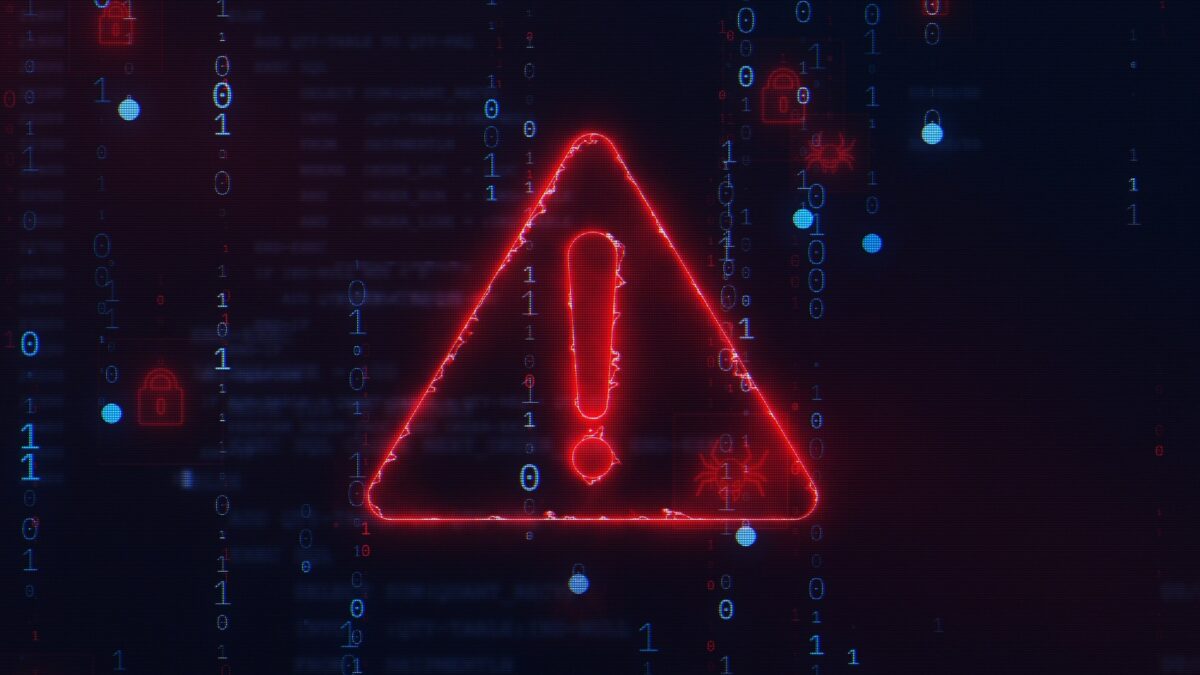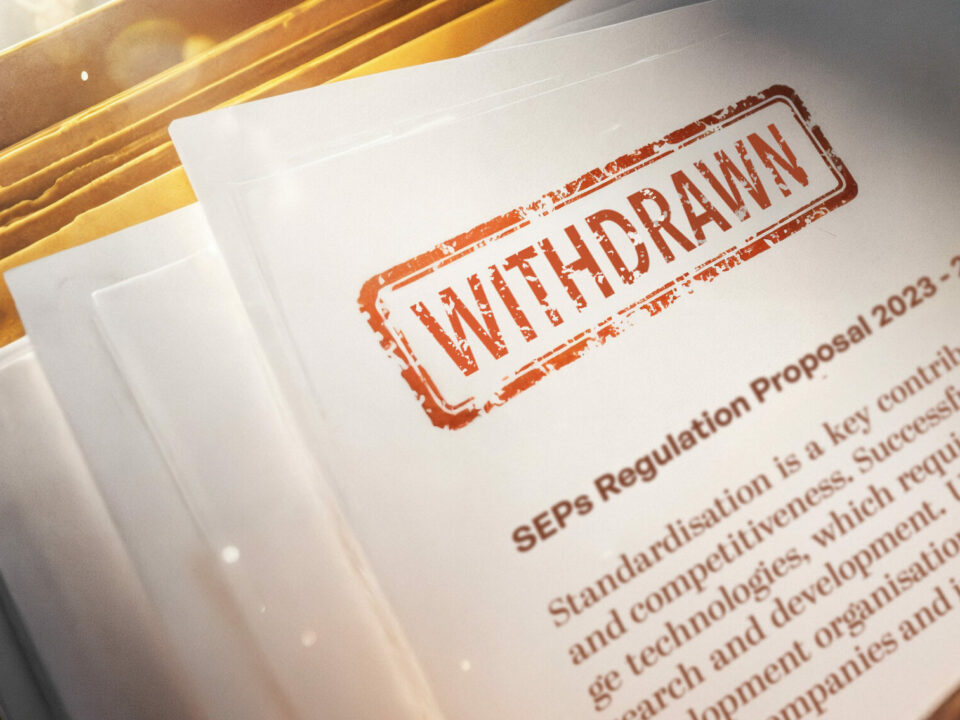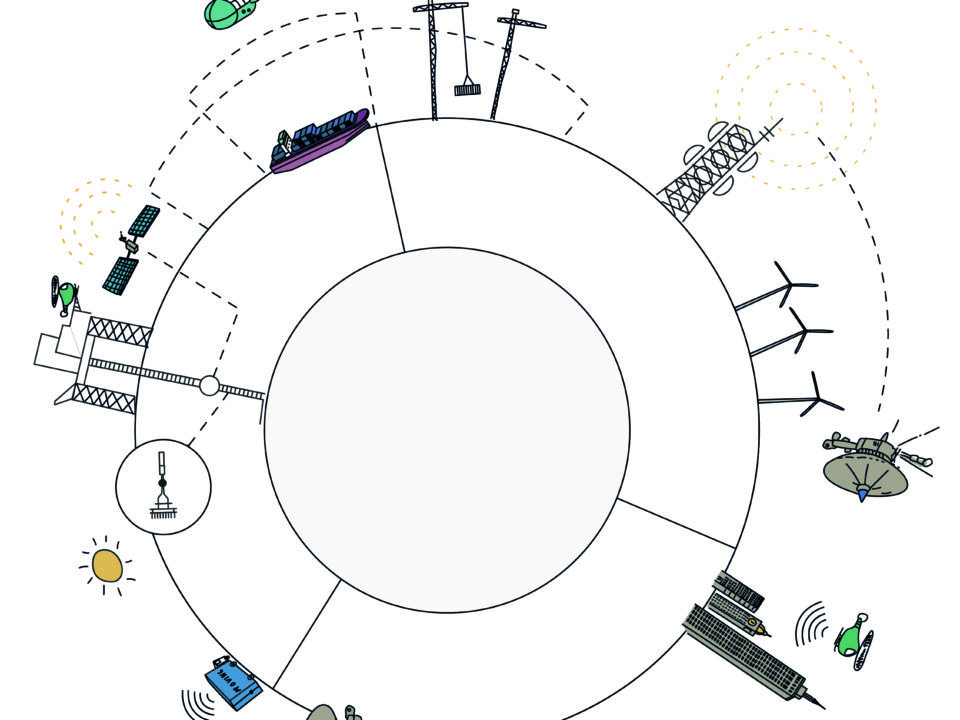Good ICT and IP policies can help protect Europe against security threats
The European Union is exploring new ways of addressing potential serious security threats—both external and internal—to the bloc’s information and communications technology (ICT) infrastructure.
Security threats aren’t new to Europe, but they have become more pervasive. Moreover, they are now coming not only from traditional geopolitical foes but also from economic competitors and allies—and made worse by some of the EU’s own policies.
For example, it’s no news that Europe, along with the United States and other major trading partners, is actively seeking to remove Chinese technology from their communications networks as well as from smart vehicles and individual smartphones. That follows numerous cases of Russian and Chinese cyber-attacks on European communications and information systems.
Anxiety rising
More recently, however, some reports have also cited concerns about technologies, sourced from traditionally friendly suppliers who have the ability to remotely disable critical functionality in everything from satellite communications and cloud communications to fighter jet software updates.
Konstantin von Notz, chair of the German Parliament’s intelligence committee commenting on security dependencies and national sovereignty recently told Politico; “We Germans have painfully learned in recent years what major dependencies can lead to. A look at Ukraine should also serve as a warning.”
A new report by the Center for Strategic and International Studies explains why intellectual property rights should also be part of the threat assessment—both in Europe and in the United States. “Weak and unpredictable [IP] protections stifle investment, hinder small innovators, and allow adversaries to gain unfair advantages through IP theft and coercion,” the report said. “Secure, stable and predictable IP rights encourage risk-taking and investment in innovation” while protecting small business and promoting downstream innovation, it said.
Protecting critical infrastructure
Europe is taking new security threats more seriously than it used to. Earlier this month, the European Commission unveiled a new strategy called ProtectEU that included elements to prevent attacks to critical infrastructure, including communications infrastructure: “The new threat landscape requires a change in mindset and an upgraded EU approach to internal security,” it said, including “identifying security and preparedness implications of Commission initiatives from the start and throughout the negotiation process, a new Cybersecurity Act and new measures to develop technological sovereignty.”
Ever since the Commission’s launch of its proposed regulation on standard-essential patents two years ago, IP Europe has argued that the proposed SEPs rules would reduce incentives for European companies to remain active in the development of critical technology standards at a time China has publicly identified technology standards as an area critical to its own security and competitiveness.
European standards champions
Nokia and Ericsson, two of Europe’s leaders in telecommunications standards development, and which would have been affected by the proposed SEPs rules alongside other European innovator such as Fraunhofer, Fractus, Philips and others, are also key players in Europe’s network of defence contractors. As Europe tries to digitalise in order to become more competitive, it risked becoming dependent on technology standards ‘not invented here’.
IP Europe welcomes the Commission’s new focus on a comprehensive assessment of the implications of European tech and related IP policies on both security and competitiveness.




